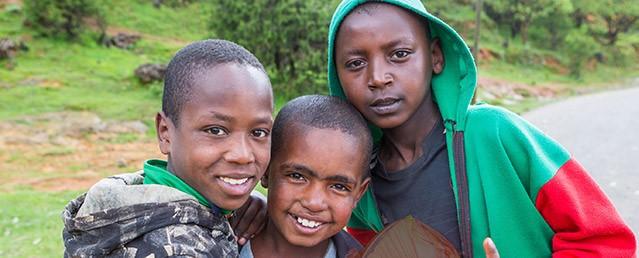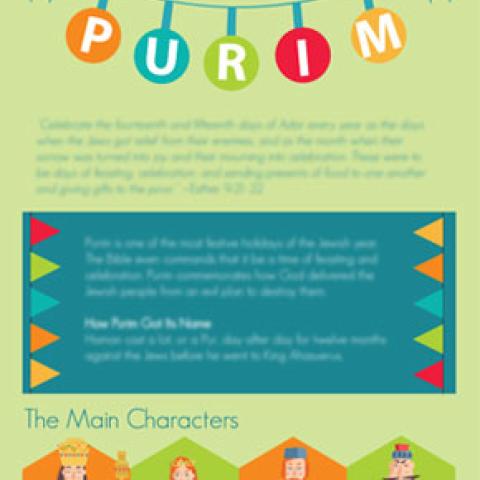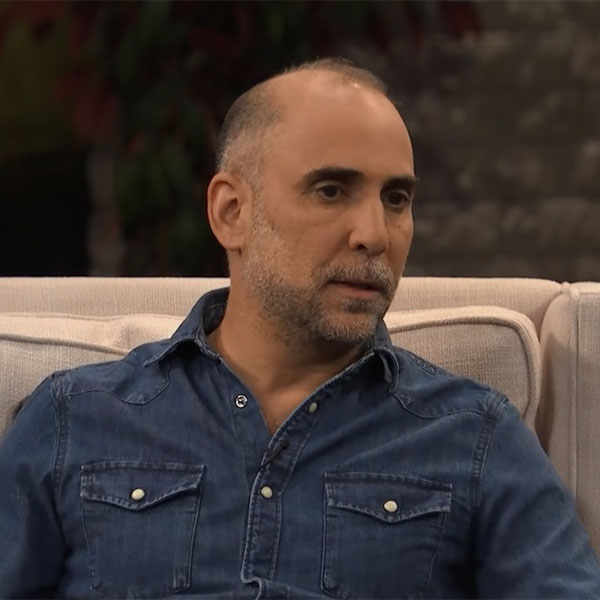As we approach Passover, we’re reminded of the ancient Hebrew people in captivity in Egypt.
Displaced and unable to return to their homeland, under the authority of hostile rulers, and under constant pressure and threat of violence, it was only by a miraculous intervention from God that they were freed and allowed to leave captivity and make their way toward the Promised Land.
In a modern-day parallel, in the dry, northeastern areas of Ethiopia, along the border of the self-declared (but disputed) state of Somaliland, you’ll find a group of people known as the Yibir.

These Yibir are a Somali people, but are related to the Beta Abraham Jewish people of northern Ethiopia.
While they identify themselves as Jewish descendants of ancient Jewish tribes, the Yibir live in the middle of a Muslim-dominated region. In fact, most live in slums on the outskirts of large Muslim cities.
Because they live in areas that otherwise are entirely Muslim, the Yibir are isolated and denied many basic rights simply because they maintain their Jewish identity and refuse to convert to Islam.
For example, Yibir are not allowed to own or rent property to make a living by pursuing their trades. Blacksmiths are common, but they are forced to squat on street corners, covered by only a tarp, stoking their fires to produce basic metal goods.
When we asked one such blacksmith why he didn’t set up his shop somewhere inside where it would be easier to work, he told us it was not allowed – not because he was Yibir, but because he was Jewish!
Yet despite the oppression they suffer, no outside group has stepped forward to help or support these isolated Yibir people.
Jewish Voice has been aware of the Yibir for the past five years. During that time, we’ve been looking for a way to help them.
It has taken time, starting when we first began work in Ethiopia in 1999, to develop relationships and trust among both government officials and leaders of the various Jewish groups in this area of East Africa.
But now, Jewish Voice is preparing to launch a pilot outreach to the isolated Yibir this fall!
Because they live in city slums in areas suffering drought, we know the Yibir have limited access to water. And what water they might have is often contaminated and undrinkable.
For that reason, we’ll be providing them with LifeStraw™ filters, which can make even the dirtiest water safe and healthy drinking water.
We also know the Yibir have very limited access to dentists or eye care. So we’re planning to provide dental care and eyeglasses to those in need during this first pilot outreach.
But as much as anything else, we want to let these dear people know that, while they feel forgotten and unwanted by the world, the Lord knows who they are and loves them.
And as we provide these initial services to the Yibir, we will be determining more specifically what else they need, and how you can help further minister to them in the near future, in the name of Yeshua (Jesus).
This initial pilot project may sound like a small start. But I can honestly say to you that we are very excited about this opportunity!
This will be the first time we’ve been able to provide care for a Jewish group that is isolated in an otherwise entirely Muslim area.
For that reason, we have the opportunity to break through with the love of Jesus to Jewish people that have previously felt completely isolated and alone. And I believe this will make them especially open to the salvation Yeshua offers.
I hope you’ll share in my excitement about our first outreach to the Yibir people, and that you can help make it possible with a generous gift.
Your generosity will provide clean water, dental care and eyeglasses to the Yibir people of Ethiopia. If you can send a gift now, I would like to say thank you by sending you an expression of our gratitude for your partnership in this ministry.
















